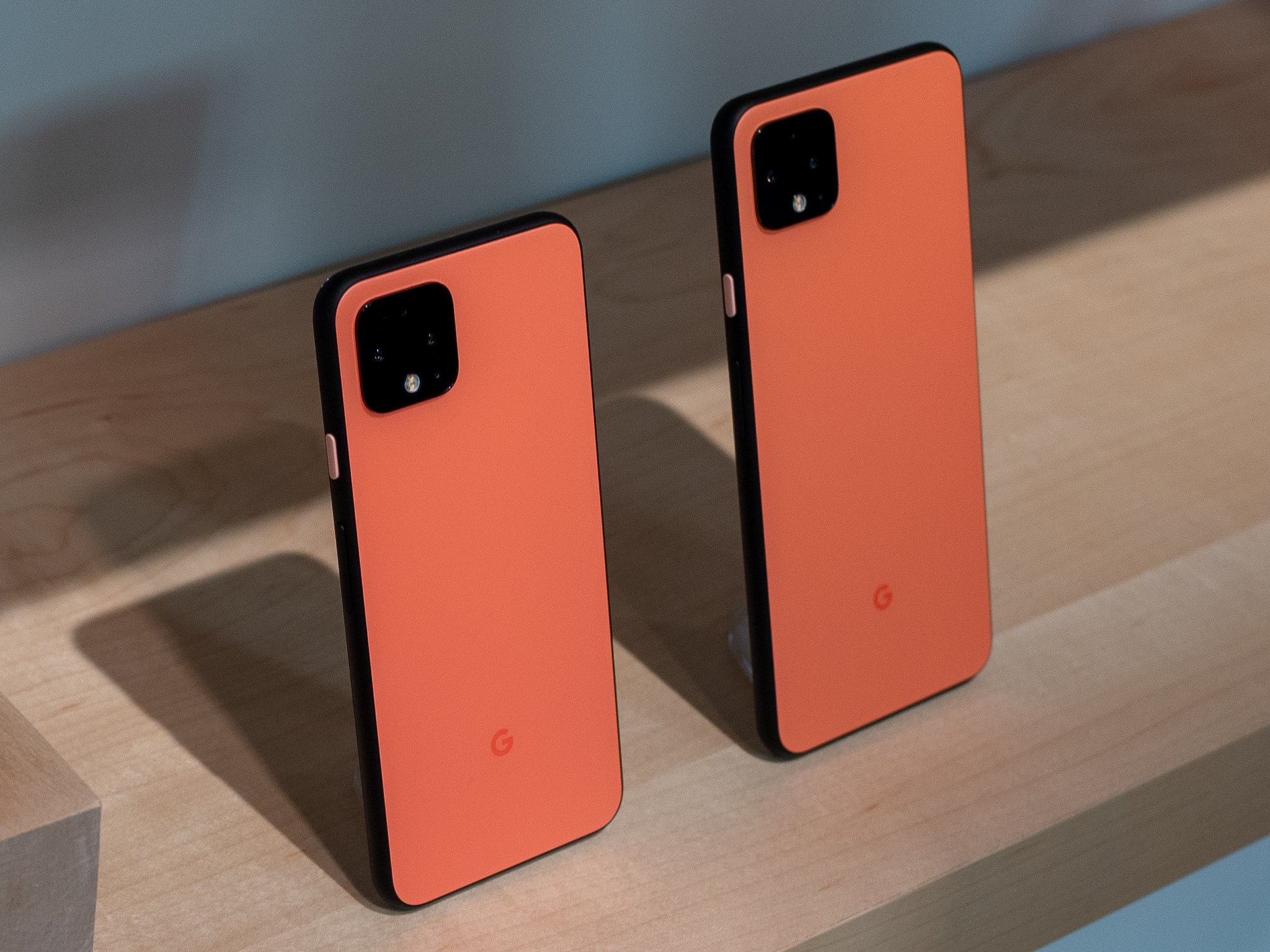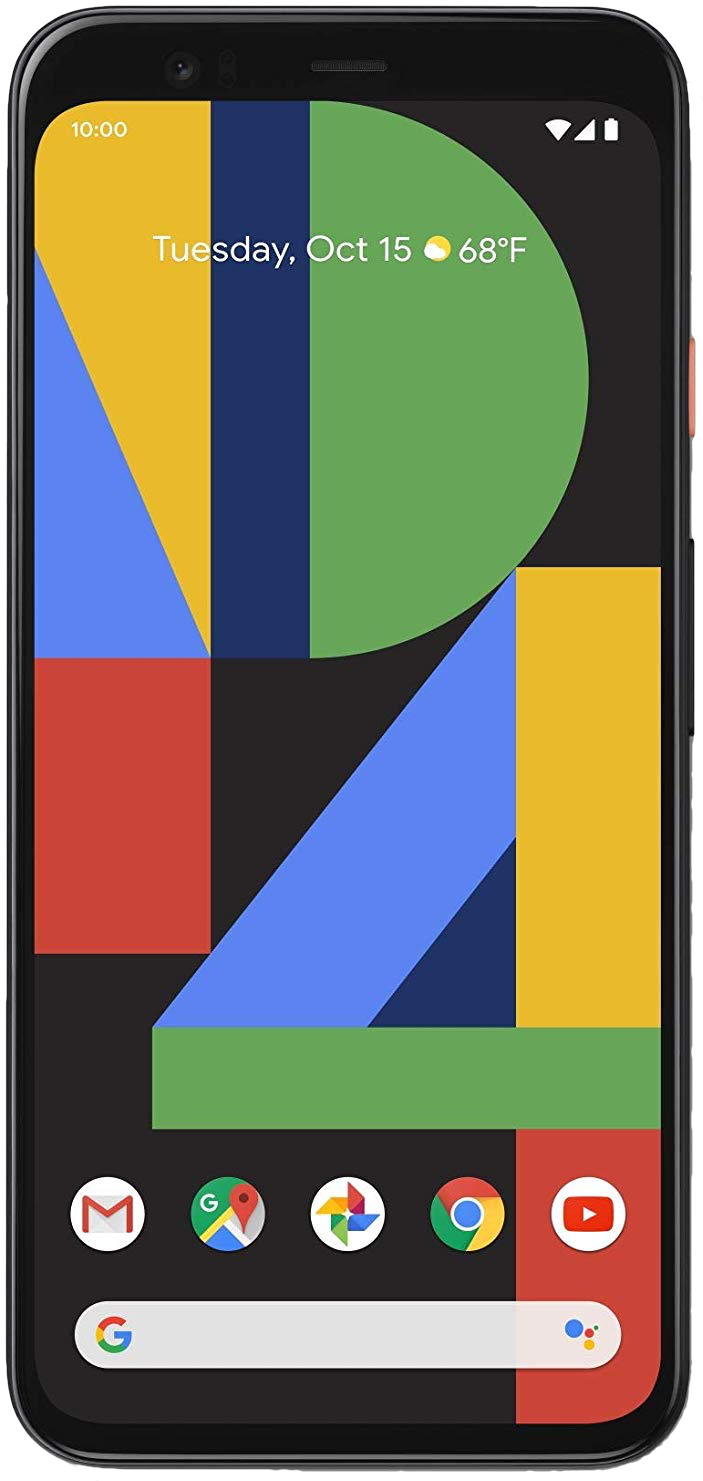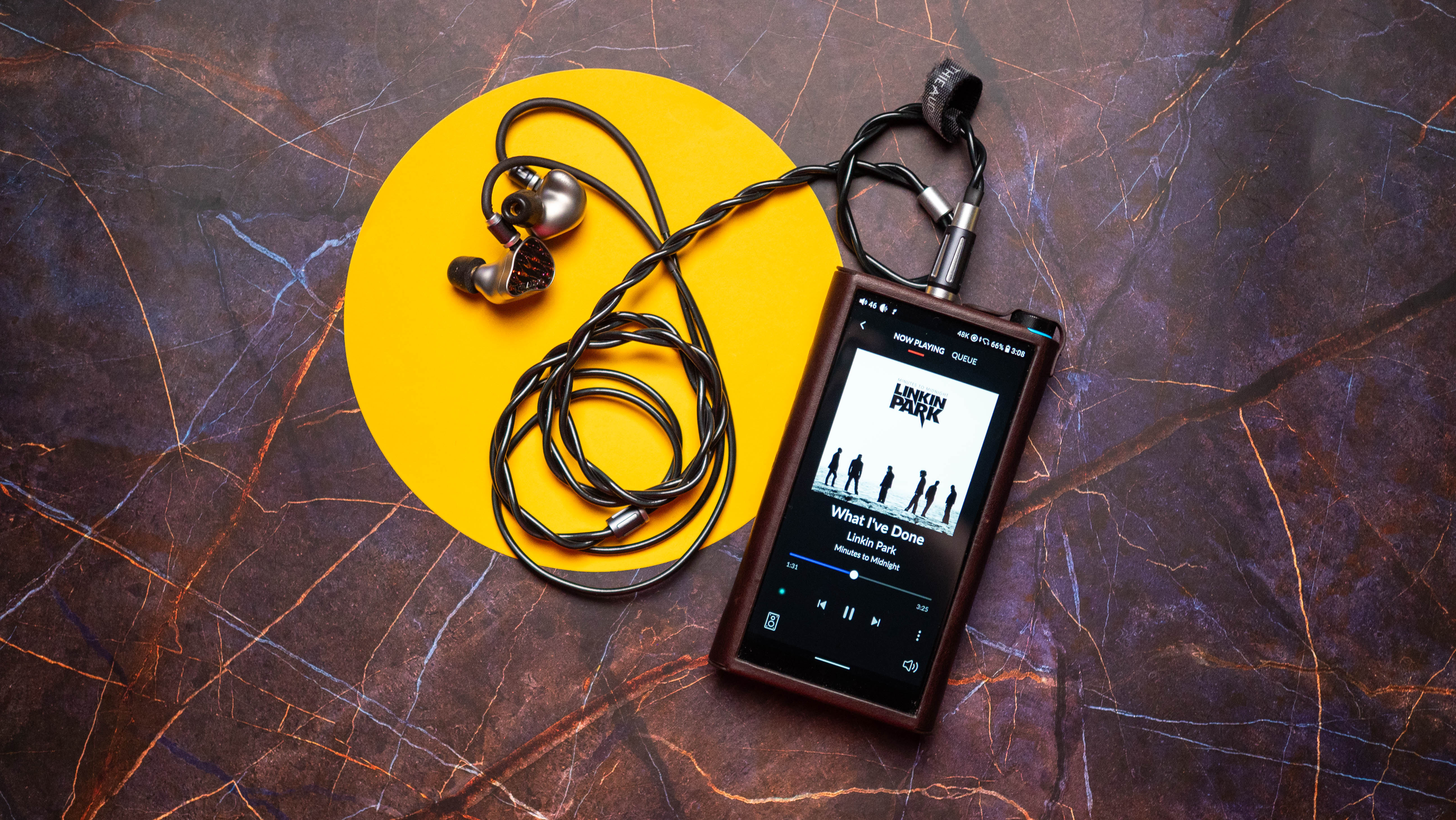If Google loses the Pixel's camera advantage, the product line will die

It was recently made public that the head of Google's camera team for the past few years, Mark Levoy, left the company — which quickly sent people into a panic mode about the future of the Pixel's camera capabilities. Now I don't actually believe that Levoy leaving Google will suddenly torpedo the Pixel's camera, because the company is full of brilliant engineers that worked with Levoy and there will certainly be a continuity of thought there.
But it is worth thinking about just how important his departure is, and what it could mean for Google if there's a noticeable impact in camera quality, when you take into account that the camera is the reason to buy a Pixel over other phones.
Shot-for-shot, the Pixel's camera still outperforms every other Android.
Sure you can toss caveats on that, if you want to try and knock the Pixel down a peg, because it doesn't have an ultra-wide lens, crazy zoom levels, or several advanced shooting modes. But there's no argument that shot-for-shot the Pixel does a better job than any other Android phone, when it comes to color accuracy, clarity, HDR, and most importantly consistency. And of course when you add in Night Sight for low-light photos, it just steps further ahead. Its strength in front-facing camera quality is also often lost in the discussion — the Pixel 4 takes excellent selfies, and has the best selfie portrait mode in the business.
And Google's darn lucky that its camera technology is that far ahead of the competition, because the rest of the Pixel 4 and 4 XL, on the whole, can't stand up to scrutiny without it. If Pixels had no camera quality advantage over other phones, it would put even more emphasis on its battery life, specs and display quality that are clearly behind the best Android competition. It would put more weight on Google's decision to not have an ultra-wide camera on the back, and just a 2X "telephoto" camera. It would have even more people asking why they would have a reason to buy a Google phone over a Samsung — although at this point only a tiny fraction of people are even asking that question, let alone siding with Google in the end.
Google is ever-so-close to not even being in the conversation to pull the camera trump card.
Currently, every discussion of the Pixel compared to other phones basically comes down to "yeah, but the camera is amazing!" — and it's true, it is amazing. But Google is ever-so-close to not even being in the conversation to play that trump card and win people over. The camera is, for many people, the only reason the Pixel is considered on the same level as its peers; without it, it will slide even further into irrelevance. Whether you believe the specificity of the latest Pixel sales numbers reports (word has it Google sold just 2 million phones in 6 months) or not, it's clear Google's market share is, and always has been, absolutely tiny. It needs to be able to leverage the one major selling point it's enjoyed for four generations now.
I'm currently using a Pixel 4 XL as my primary phone because the cameras are so great. I could be using the OnePlus 8 Pro and get about double the battery life, or the Galaxy S20 Ultra for its superior hardware and great ultra-wide-angle photos. But I don't, because the Pixel 4 XL's camera is so damn good. From random point-and-shoot shots to well-thought-out night scenes, I'm never disappointed by the Pixel — whereas I'm regularly frustrated by little quirks and shortcomings of every other smartphone camera I have available right now.
Even without Levoy at the helm, I'm very bullish on the Pixel team's ability to ship another fantastic camera in the Pixel 5 — and hey, maybe we'll even be surprised by the addition of an ultra-wide camera. Despite all of its struggles elsewhere, Google has managed to ship extraordinary cameras in every Pixel, and I don't see that changing. But over time, if Google slows its advancement and the competition catches up, it's game over for the Pixel as a product.
Get the latest news from Android Central, your trusted companion in the world of Android

With a big price cut, it's worth looking at again
The Pixel 4 XL doesn't command its original price — but deeply discounted, it plays in a different category and actually looks really good. Yes, its battery life is still bad, and the spec sheet is weak. But the software and camera are exceptional, and there are lots of nice features here to stand out.

Andrew was an Executive Editor, U.S. at Android Central between 2012 and 2020.
